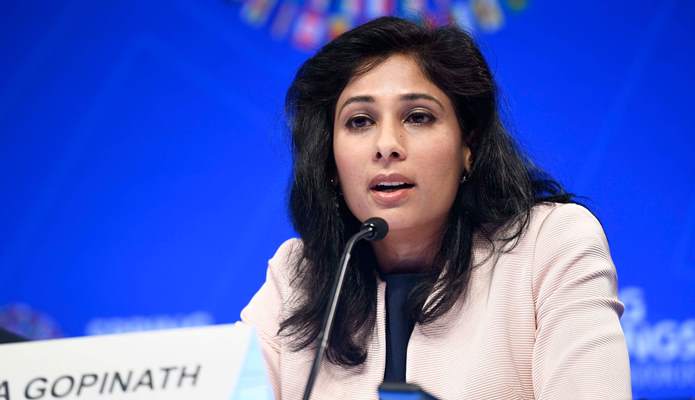IMF Urges Ghana, African Economies to Focus on Trade Reforms, Revenue Mobilization, and Debt Sustainability Amid Global Uncertainty

The International Monetary Fund (IMF) has warned that persistent policy uncertainty and trade tensions are weighing on the global economic outlook, with implications for Ghanaian businesses and broader African economies. Speaking at the G20 Finance Ministers and Central Bank Governors meeting in KwaZulu-Natal, South Africa, IMF First Deputy Managing Director Gita Gopinath emphasized that governments must act decisively to protect growth and restore fiscal space.
The IMF projects global growth to remain subdued at 2.8% in 2025, far below the historical average of 3.7%, while inflation is expected to slow only gradually. Trade tensions, shifting tariffs, and soft demand in major economies like the U.S. and China have created a complex environment for emerging markets.
For Ghana and similar economies, the IMF’s message is clear: strengthening domestic revenue mobilization, improving spending efficiency, and tackling debt vulnerabilities are key to creating the fiscal space needed for investments in infrastructure, jobs, and sustainable development. Gopinath noted that low-income countries could raise up to 7% of GDP by reaching their full tax potential, supported by better tax administration and a broader tax base. This, she said, would help finance social services and attract both domestic and foreign investment.
Businesses in Ghana are already feeling the impact of tighter financing conditions. Capital inflows to emerging markets remain sluggish, and borrowing costs are high. The IMF is working with the World Bank to support countries with sustainable but heavy debt burdens through a three-pillar approach that includes restructuring where necessary.
Gopinath also called for structural reforms to boost productivity, create jobs, and harness new technologies, emphasizing that stable macroeconomic policies and improved governance are critical to attracting private capital. “The work starts at home,” she said, “but international support remains vital, especially for countries with limited fiscal space.”
For Ghanaian businesses, the call for improved cross-border payments and financial sector oversight is timely. Faster, more affordable payments would strengthen trade within Africa, helping companies access new markets under the African Continental Free Trade Area (AfCFTA).
With Ghana’s economy showing signs of recovery, the IMF’s message underlines the need for policies that reduce uncertainty, promote investment, and make growth more inclusive. “Africa’s young population and abundant resources present a major opportunity,” Gopinath stressed, “but unlocking that potential requires reforms that build resilience and sustainable growth.”




